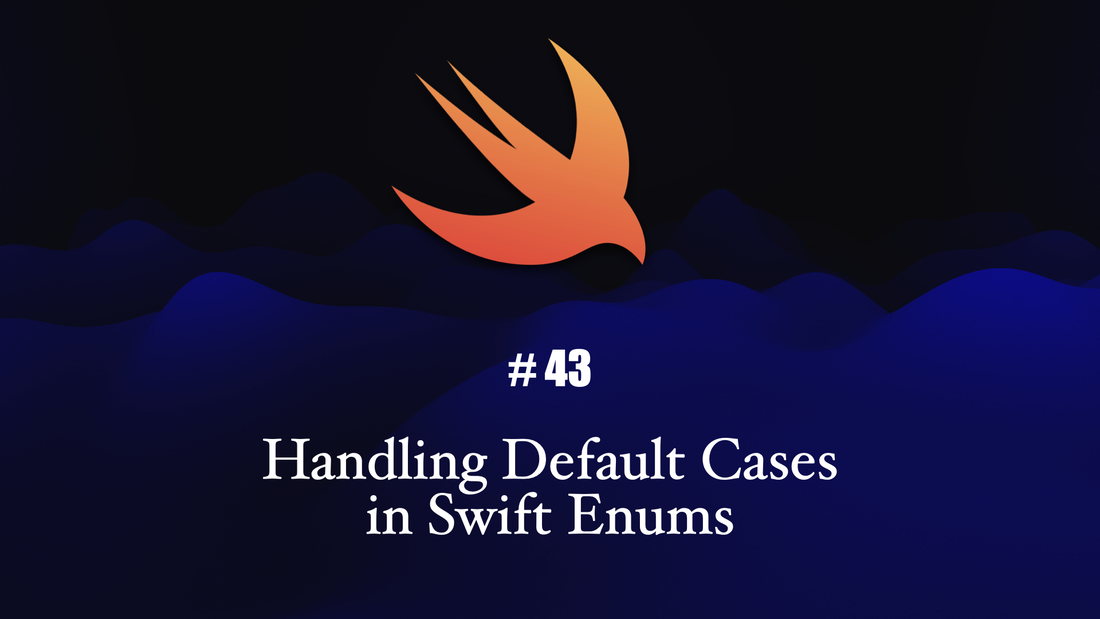DefaultCase Protocol:
- It must conform to the RawRepresentable protocol, indicating that it is associated with a raw value type (usually an integer or string).
- It must provide a static property called defaultCase of type Self. Here, Self represents the enum type conforming to this protocol.
DefaultCase Extension:
- An extension is provided for types that conform to the DefaultCase protocol.
- Inside this extension, there's a static function called create(with value: RawValue?). This function accepts an optional RawValue parameter, which represents the raw value of the enum case you want to create.
Implementation of create(with value: RawValue?):
- This function starts with a guard statement to handle scenarios where the RawValue is nil. If it’s nil, the function returns the defaultCase associated with the enum. This ensures that when you can’t create a valid enum case from the provided raw value, you get a reasonable default case instead.
- If the raw value is not nil, the function attempts to create an enum case using the Self(rawValue: rawValue) initializer. This initializer is automatically generated by Swift because our protocol conforms to RawRepresentable.
- If the creation of the enum case succeeds, the function returns the created case. Otherwise, it falls back to returning the defaultCase.
Usage Example: DistanceUnit
The provided code snippet illustrates a practical approach to implement default cases in Swift enums. This technique is invaluable for handling scenarios where input values may not align perfectly with enum cases. By adopting the DefaultCase protocol and the create(with:) function, you can streamline enum handling, improve code robustness, and gracefully handle unexpected input. This strategy enhances the maintainability and reliability of your Swift code, making it a valuable addition to your programming toolkit.


